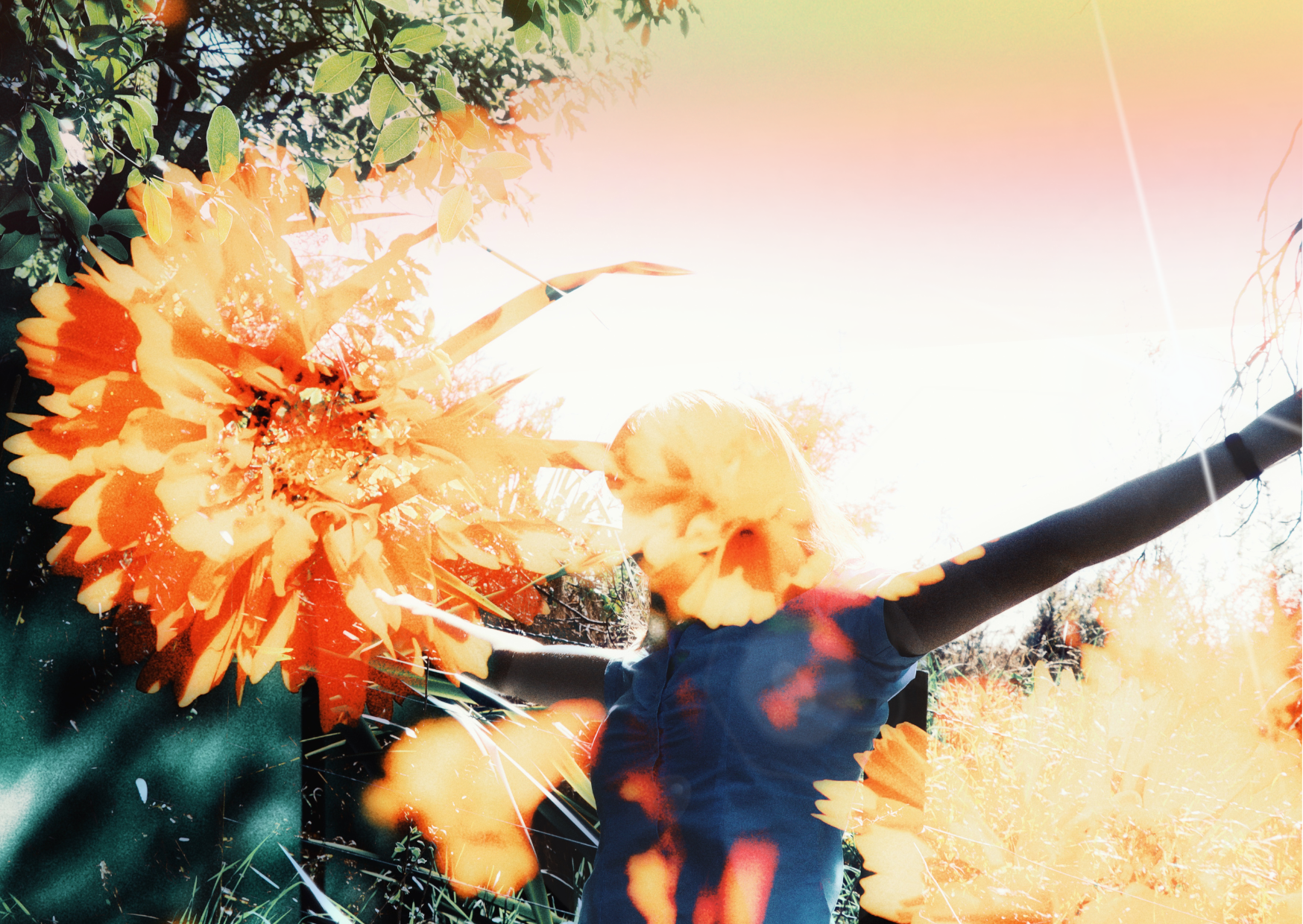we recommend holding your phone horizontally while reading to experience the poems in their intended layout
ISSUE ONE POETS
Zines have always been about the reclamation of power. In the pre-digital era,people relied on printed literature to receive information. Publishers and editors decided what voices went to print, and all publishers and editors were wealthy white men.
In the early 20th century, the amateur press movement emerged and marginalised voices began producing their own literature. It wasn’t until the Riot Grrrl movement of the 90s that specifically feminist zines gained traction. These punk publications were pivotal in the fight against the patriarchy, but they were not inclusive. We can acknowledge the impact of this movement and remain critical of their disregard for intersectionality and women of colour.
With the advance of digital technologies, much of the social organisation previously achieved using zines is now happening online. This has enabled unprecedented education and connection - intersectional communities are flourishing. However, we are now witnessing a frightening move towards censorship. As major corporations become inextricable from US politics, the platforms our communities rely on are changing. Ideologies that threaten the corporation (which is now one with the government) are censored. Sharing liberal sentiment online can endanger your family, career, and immigration status.
Digital communities are invaluable, but we do not hold the power in the online spaces they exist within. Free access can be taken away. As we continue to fight digital censorship, we must also organise within our local communities. Printed matter cannot easily be censored or destroyed. A return to zines places the power back in our hands.
Carol Hansich argued in 1969 that, in the fight against gender discrimination, the personal is political. Without organising and sharing our experiences, we remain blind to systemic injustices occurring around us. Only together can we lead each other into action. The Free Body Problem acts as a community soapbox. In these pages, local poets unite against a shared enemy in the binary gender system. The experiences of Aotearoa’s queer and ally communities cannot be silenced. Feminism concerns us all.
Read the bibliography to learn about the theory behind the poems.
Thank you to Isabella Fuller for the beautiful cover art. Follow her work at www.aloeiz.weebly.com

